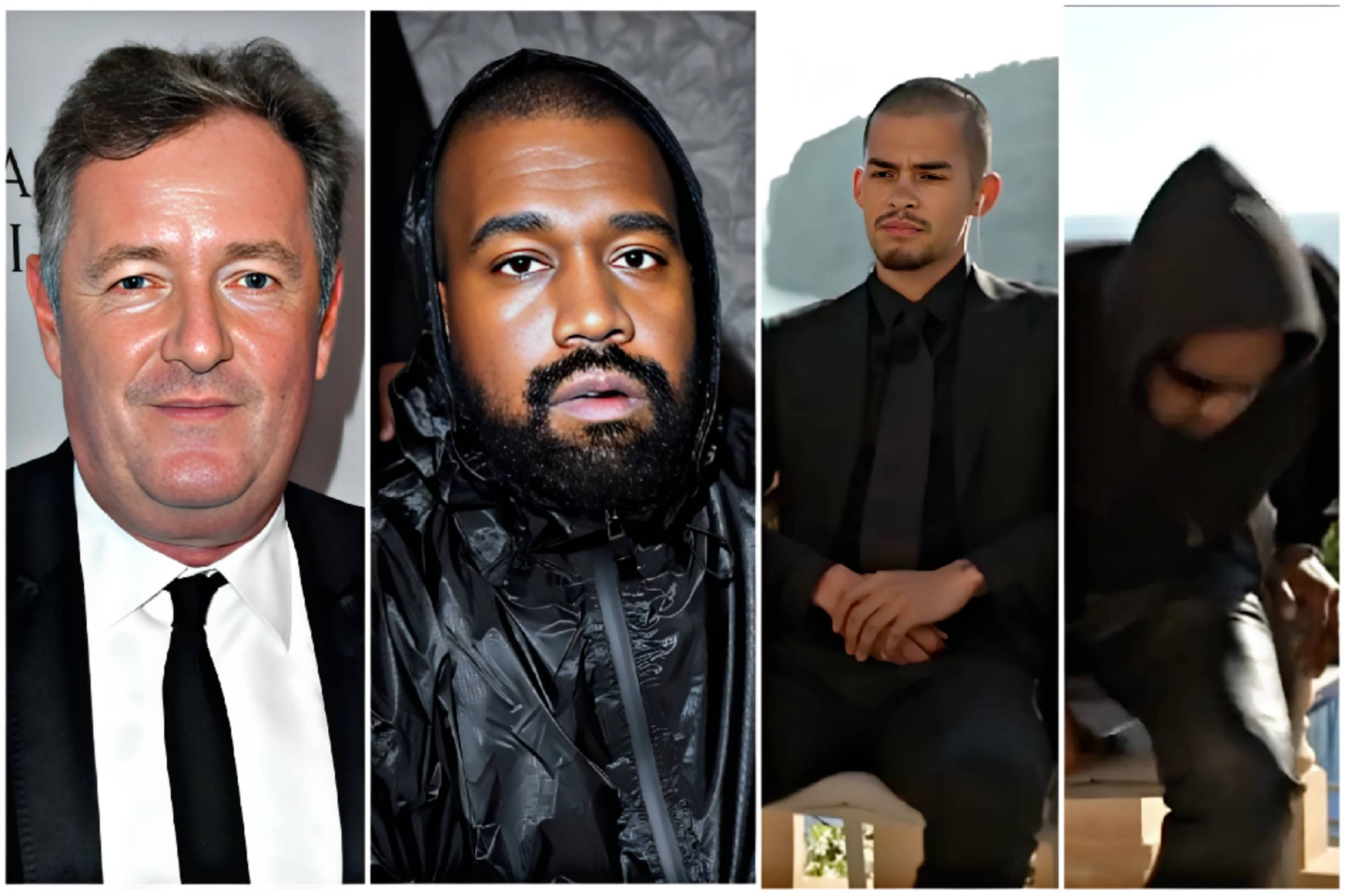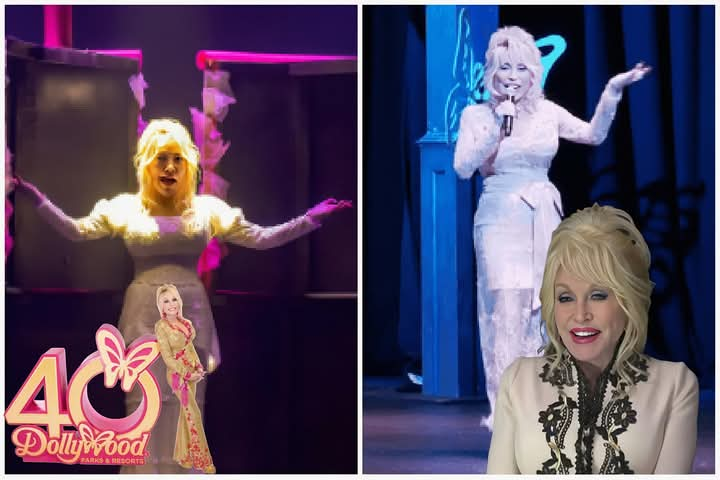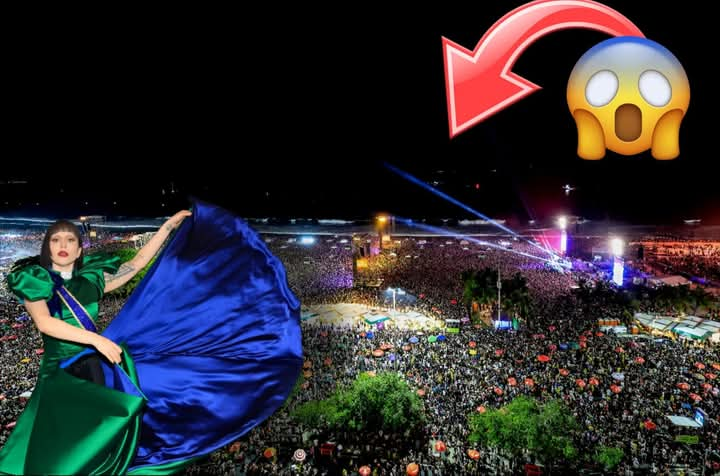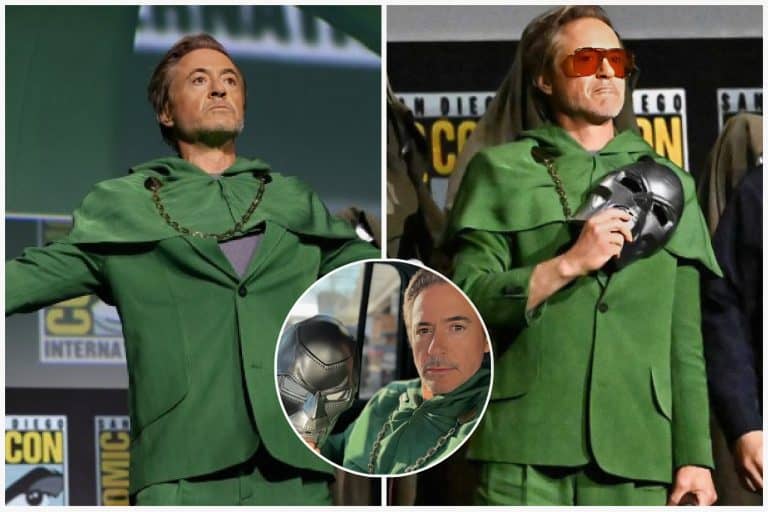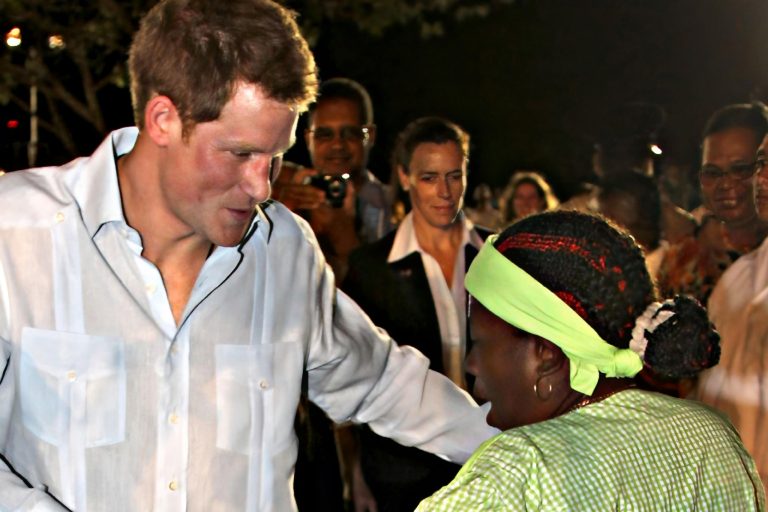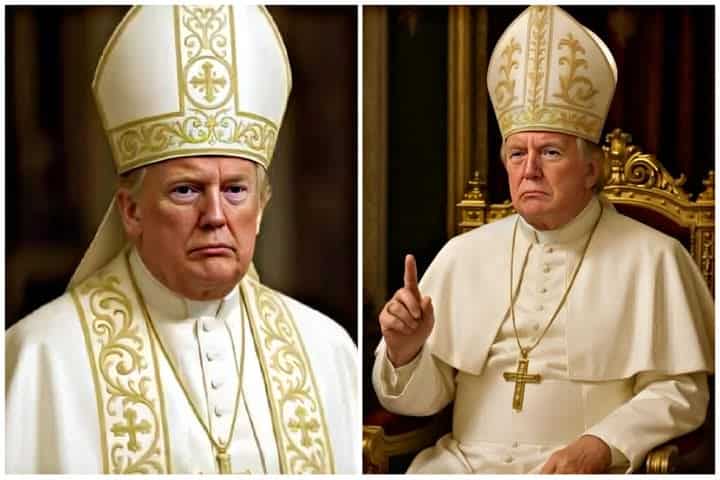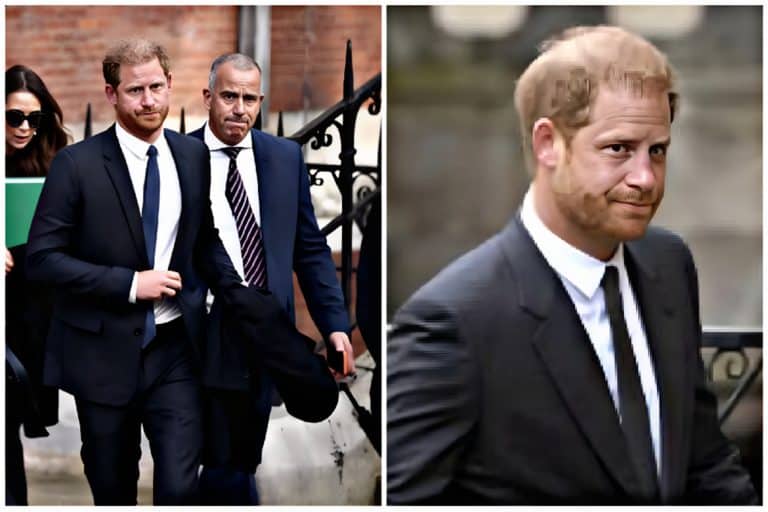Kanye West Walks Out on Piers Morgan Interview: What Really Happened?
Kanye West, the globally recognized music mogul, fashion icon, and cultural provocateur, once again dominated headlines—this time for abruptly walking out of a high-profile interview with British broadcaster Piers Morgan . The incident quickly came went viral, raising questions about Kanye’s mental state, media ethics, and the growing tension between celebrities and mainstream journalism.
But what really happened during that controversial sit-down? Was it a publicity stunt, a breakdown in communication, or something deeper? Let’s unpack the layers of this headline-grabbing moment and explore what it says about Kanye, the media, and the fragile boundaries of public discourse in 2025.
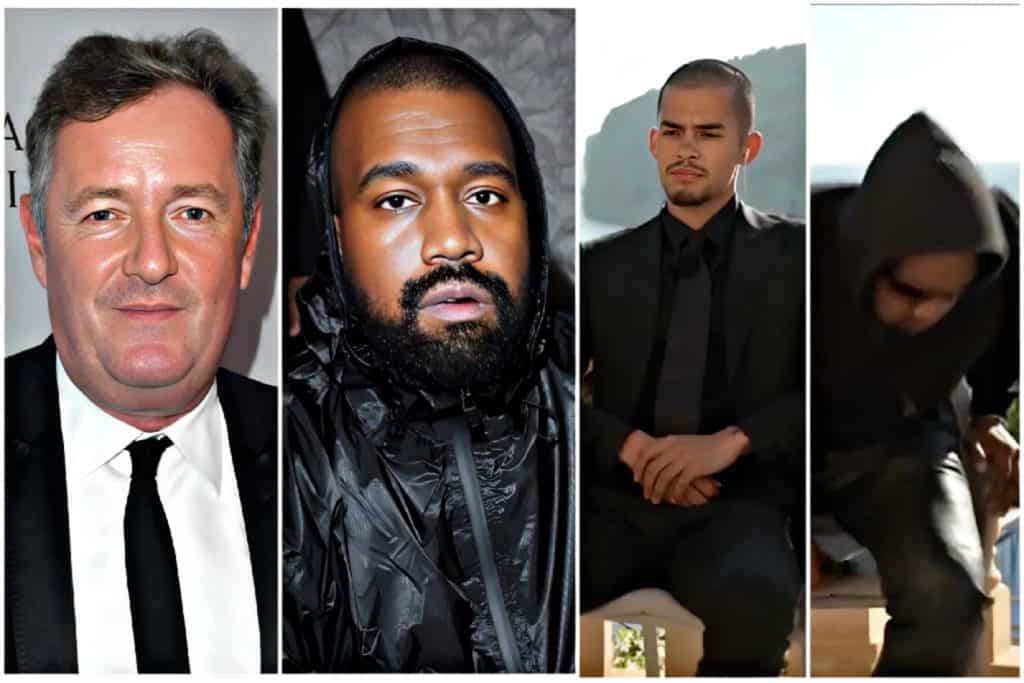
Setting the Scene: The Interview Everyone Was Waiting For
The interview between Kanye West and Piers Morgan was heavily promoted across digital platforms in the days leading up to its airing. With Kanye’s recent controversial comments on social media and his erratic public appearances, fans and critics alike were eager to hear what he had to say in an unfiltered, long-form conversation.
The show was part of “Piers Morgan Uncensored,” known for its confrontational style and high-pressure interview settings. Kanye, no stranger to controversy, agreed to the format—perhaps thinking he could control the narrative. But things quickly took a turn.
The Walkout: What Sparked It?
According to multiple sources and video clips circulating online, the tension between Kanye and Piers began escalating within the first 20 minutes of the interview. Piers Morgan repeatedly challenged Kanye’s past statements, particularly those deemed anti-Semitic and inflammatory.
The exact moment that triggered the walkout was reportedly when Morgan interrupted Kanye’s attempt to explain the intent behind one of his controversial tweets. Kanye, visibly frustrated, accused Morgan of not allowing him to speak and stormed off the set, removing his microphone and walking out mid-sentence.
In the final seconds of the viral clip, Kanye can be heard saying, “This isn’t a conversation. This is an ambush.”
Was It a Meltdown or a Media Trap?
Reactions to the walkout were divided. Some viewers believed Kanye was unfairly targeted and not given a fair opportunity to clarify his statements. Others argued that Piers Morgan was simply doing his job as a journalist—holding a powerful figure accountable for their words.
Here’s what both sides of the argument look like:
Kanye Supporters Say:
He’s a creative genius who communicates differently and shouldn’t be forced into traditional interview formats.
The media thrives on provoking Kanye to get headlines.
His walkout was a form of protest against media exploitation.
Critics Argue:
Kanye agreed to a tough interview and should have been prepared for challenging questions.
Walking out mid-interview is unprofessional and shows a lack of accountability.
He continues to blur the line between free speech and hate speech.
The Bigger Issue: Celebrities vs. Accountability
Kanye West’s walkout isn’t just about one explosive interview. It’s a reflection of the broader tension between celebrity culture and media responsibility. Increasingly, stars with massive followings bypass traditional media outlets, sharing unfiltered opinions directly with fans on social platforms like X (formerly Twitter), Instagram, or YouTube.
But what happens when a celebrity’s comments cross the line from provocative to harmful? That’s where interviews like this become crucial—but also contentious. Piers Morgan, known for his blunt style, likely believed he was doing the public a service. Kanye, on the other hand, may have felt misunderstood and misrepresented yet again.
The result? A clash of egos, expectations, and media philosophy played out in real time.
Mental Health: The Elephant in the Room
Kanye West has openly discussed his struggles with bipolar disorder and mental health challenges in the past. While his diagnosis shouldn’t excuse problematic behavior, it should inform how media platforms approach interviewing him.
Mental health experts weighed in on the walkout, suggesting that Kanye may have felt overwhelmed or triggered during the interview. A conversation intended to create clarity may have instead contributed to distress—raising ethical questions about how and when media figures should proceed with controversial subjects, especially those with known mental health histories.
Public Reaction: From Outrage to Empathy
Following the interview’s release, social media exploded with hashtags like #KanyeWalksOut and #PiersVsYe. Here’s a breakdown of the diverse public responses:
Fans expressed sympathy, saying Kanye was being cornered and harassed.
Journalists defended Morgan, asserting that accountability is not bullying.
Mental health advocates called for more responsible coverage of individuals with known conditions.
Cultural commentators noted that the interview was more about generating clicks than meaningful dialogue.
In just a few days, the walkout became more than a viral moment—it became a conversation starter about fame, responsibility, and the cost of public vulnerability.
What This Means for Kanye’s Future
Despite the drama, Kanye remains a dominant figure in the music and fashion industries. His influence, though polarizing, continues to shape pop culture. However, episodes like this may be starting to take a toll.
Industry insiders suggest brands and collaborators are increasingly wary of working with him, fearing unpredictable behavior and reputational damage. His fashion empire has reportedly seen some disruption, and streaming platforms are watching closely for potential fallout from public controversies.
Still, Kanye has always been a master of reinvention. Whether he’ll return with new music, a redemption arc, or a rebrand remains to be seen.
Final Thoughts: More Than Just a Walkout
The Kanye West–Piers Morgan interview walkout was more than just tabloid fodder—it was a reflection of deeper issues in our culture. It challenged the boundaries of journalism, highlighted the complexities of mental health in the public eye, and reignited the debate about what responsibility comes with influence.
As the digital age continues to reshape communication, figures like Kanye West force us to ask difficult questions:
Should controversial artists be silenced or engaged?
What role does the media play in shaping or exploiting narratives?
And most importantly—how do we balance freedom of expression with empathy and truth?
Kanye’s walkout may have ended the interview, but it started a conversation we can’t afford to walk away from.

is the founder of The News Buzz PK. She is a freelance journalist and content strategist with over 3 years of experience in writing trending news articles, covering topics from US politics to Hollywood and royal families. She focuses on original, engaging, and SEO-optimized content that keeps readers coming back.
